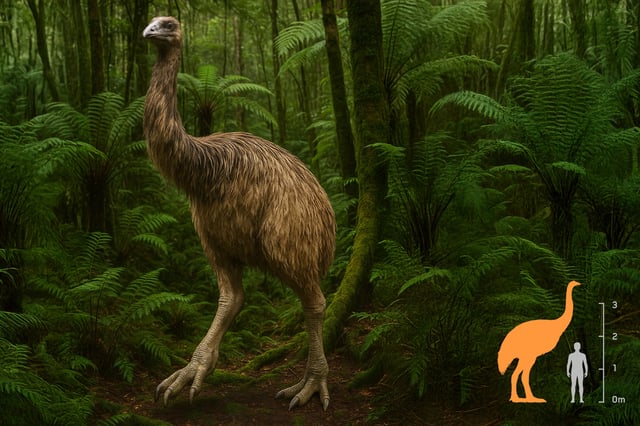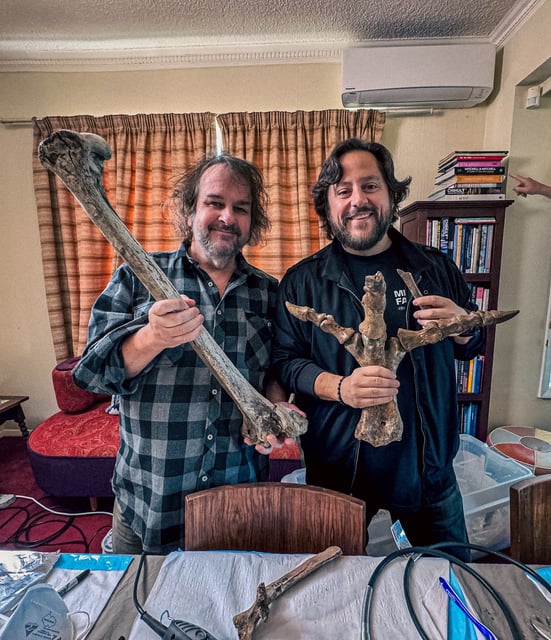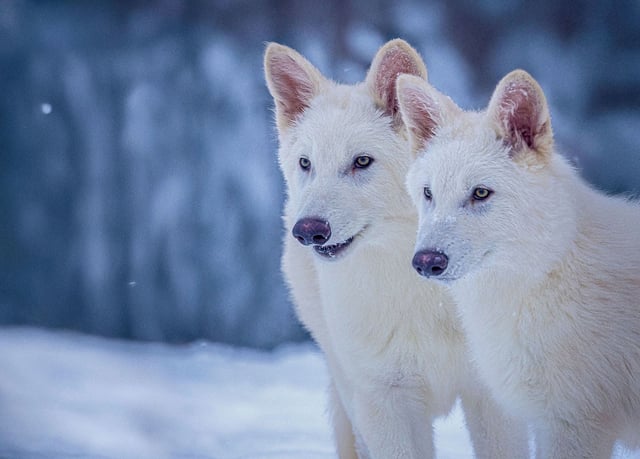Overview
- Colossal Biosciences and the Ngāi Tahu Research Centre formally launched the initiative on July 8, securing US$15 million from Peter Jackson and Fran Walsh alongside access to over 300 privately held moa bones
- Teams have begun extracting and sequencing ancient DNA from fossil and museum specimens to assemble the first complete moa genome by summer 2026
- The Ngāi Tahu Research Centre at the University of Canterbury governs all research decisions to blend advanced genomics with Māori traditional knowledge and cultural values
- Building on April’s creation of gene-edited dire wolves, Colossal will use CRISPR and paleogenomic comparisons with tinamou and emu to engineer moa traits into surrogate bird embryos
- Outside scientists warn that technical hurdles, ecological risks and resource trade-offs with living species could challenge efforts to reintroduce an extinct bird


